The Ideal Naptime
Napping through the eyes of an anti-napper
Last week, after one too many nights getting less than six hours of sleep, I decided that I’d take a nap. I’m far from a frequent napper, but I was so tired that I resolved to find out what all the hype was about. My inspiration for taking a nap at all was the ridiculous and exhaustive load of homework due by midnight.. My goal was to fall asleep, wake up refreshed, and then complete my homework with the efficiency and productivity of a rested mind. Maybe after 16 years as a steadfast nap opposer, I’d unlock the key to eliminating tiredness without sufficient amounts of sleep!
I figured that it would take me a while to fall asleep so I allotted thirty extra minutes into my nap time. As I aimed for an hour, I set my timer for ninety minutes, I figured I had a pretty good chance of achieving my goal. With the low buzz of my floor heater in my ears and a sleep mask covering my eyes, I laid down on my back and waited to fall asleep.
My alarm went off at 7:00 p.m. I peeled the sleep mask off my face and was immediately so discombobulated I wasn’t sure where, who, or what I was. I was sure that it could not possibly still be Tuesday. My room was completely dark and the only sound I could hear was the buzz of the heater on my floor. After ninety minutes of being heated, my room had gotten to a warmth that may have been pleasant in other circumstances, but just made me feel like I was being slow roasted or floating in the womb.
I felt extremely depressed. I wanted to lie there and not do one more thing for the rest of my life, just let my floor heater warm the room until I was either all roasted and ready to eat or fully marinated and ready to be birthed.
Mentally I noted the “wake up refreshed” point as a failure as I painstakingly dragged myself out of bed and prepared dinner for my dog. I then threw my backpack over to the couch and plopped down, throwing a blanket over my legs to review my nightly to-do list.
Thanks to my stubborn resistance and the haunting notion that the nap was ninety minutes of wasted time, I managed to finish all of my homework—but I did so feeling more groggy and grumpy than I had been during the day. I navigated my evening with the impression of a dark cloud over my head and resolved to refine my technique.
A week flew by, and I found myself in a similar situation to the one I was in last Tuesday. With a lack of sleep and slipping mental focus, my brain was blatantly unhelpful with the load of work I had to do that night.
So I tried again.
I’d heard astounding tales of the twenty minute Power Nap’s effectiveness, and so that’s what I was aiming for. Again I didn’t think that my racing mind would be able to fall asleep right away, so I set a timer for thirty minutes and hoped to get twenty minutes of sleep out of it.
I set myself up in much the same way as I did last time, with the heater, a sleep mask and lying as still as possible.
The first few minutes of my slumber were spent feeling cold and going over the day’s happenings, then trying to turn my brain off because I had a column to write.
What felt like a minute later, my alarm went off and I woke up lying on my side in a small puddle of drool. At first, I smacked my lips and assumed that I had never fallen asleep at all. In contrast to my feelings at the beginning of my nap, those of coldness and sharp awakeness, I felt comfy, warm and entirely motivated to immediately go back to sleep.
At that point, I was losing hope. Again I woke up more tired than before my nap. It is becoming more and more plausible that without the recommended eight hours of sleep, there may not be any length of nap that feels replenishing. Perhaps there is no way to cheat the system and I just need to go to bed on time.
Maybe. But until that has been proven to me…I will continue my efforts to maximize productivity while minimizing actual hours of rest.
As I laid in my bed while the last of the light leached out of the sky, I realized that my naps may be less than entirely helpful because they’re occurring so late. I made an amendment to my plan and resolved to try the twenty minute Power Nap tomorrow at a more reasonable hour.
It is 1:27 p.m right now, and I’ve just completed my twenty minute Power Nap using the same routine as always, but with the clear difference of time of day.
My alarm was set for twenty five minutes and I began the nap on my side. By the time my alarm went off, I again hadn’t noticed I’d fallen asleep and was sure that today’s nap was a failure until I embarrassedly realized I’d drooled on my pillow again.
I really have to remember to stop sleeping on my side.
In contrast to my other naps, I woke up not feeling tired! I was a bit groggy and definitely reluctant to leave the bed—but that had more to do with how warm I was and less to do with the success of my nap. Maybe starting earlier is the key.
In discussing my napping efforts with classmates, one told me about a mysterious and beloved “eight minute sailor nap.”
Hearing “eight minutes” perked my ears and I curiously listened to the parameters of the nap: set a timer for eight minutes, lie face up with legs propped up on a mid-height chair. My friend mentioned that it actually knocked her out for thirty whole minutes and made her sleep through her alarm, attributing the feat to improved circulation achieved by the propped up legs. It was just intriguing enough that I had to try it.
Next time, I’d close out the week with a sailor’s nap.
Though I tried the sailor’s nap on multiple occasions, it just wasn’t enough time for me to fall asleep, although it was a quite comfortable position. On my last attempt at this rapid nap, I actually turned my alarm off—perfectly content to continue lying on the floor with my feet propped up. I’d guess that you have to be a seasoned napper to be able to reap the benefits of this nap style.
In the time I was meant to be sleeping, I had a few realizations. One being that the reason napping was so hard for me (and why I was so reluctant to try at all) was because I always felt like I had something better to do. I’ve been living in a state of constant worry, where when I’m working I’m not doing enough and if I take a break, I’m merely wasting time. If I’m not checking an item off of my to-do list I’m being useless.
I couldn’t get the full benefits of the twenty minute Power Nap because I spent about half of that time tossing around in bed fretting about the schoolwork that was due, and how I was supposed to fit that in with my sports. And am I doing enough to prepare for my life after graduation? Have I been seeing my friends enough? Does it make my family sad that I’m spending less time with them lately because I’m always sequestered away in my room, either studying or procrastinating on studying? If I take this nap, am I giving myself enough time to finish the notes I didn’t do in class today? If I have enough leisure time to be in bed sleeping, I should surely be using it to read the book that’s been sitting on my nightstand for two months or taking my dog on a walk.
Any act of self care has begun to feel inherently selfish, which stops me from being able to enjoy the meager bits of time I take for myself to the full extent.
My problem isn’t that I need more sleep. The problem is that I’ve gotten myself into an exhaustive cycle of perpetual behindness. Somehow I get behind on work, leading me to stay up later to finish it, making me tired the next day, which makes me less productive in school. Predictably, this gives me more work to do at home—making me stay up later. The cycle is never ending.
Usually I blame this pattern on procrastination. Even if I am behind on work at the end of the school day, I usually do have time to finish it all in one evening if I would just sit down and do it. But I don’t. I push it off and do other things until it’s an hour before the deadline and crank out a piece of half-assed work. However, I’ve realized that there’s more to it than the stereotypical teenage laziness and reluctance to do boring work.
I’m drained. Drained from sitting in school for six hours every day, expected to snap from one class to the next and retain what I’m hearing while being able to fully concentrate on one thing at a time. I’m certainly a person for whom such a large amount of social interaction is extremely exhausting, so really it isn’t a shock that when I get home I can’t bring myself to jump right into more work. But making the choice to go outside or read a book feels both tiresome and an unworthy use of my time, so I don’t. I sit down with my iPad open to endless assignments and station my phone on top, scrolling away.
I’m tired. And while it has a lot to do with sleep, there is a lot more to it than that.
I’m finding that when I posed the question of how to sleep the least and be the least tired (my reason for starting this exploration) I was really wondering how to keep up the toxic cycle I’d gotten myself into without the consequences on my well-being. An unrealistic goal to strive for, but one that I believe a lot of students are attempting to achieve.
If you read this column looking for recommendations on the ideal nap time, I can confidently report that a nap earlier in the day that lasts around twenty minutes is the way to go. Set a timer that factors in as much time as you need to fall asleep, and allow yourself to ease slowly back into your day without the expectation that you’ll immediately snap into perfect awareness. But go to bed early. And don’t try to find shortcuts to help you feel better without breaking the habits that are bringing you down in the first place.

Features Editor Jesse Radzik is just like your average grandmother, if said grandmother managed to avoid bone degeneration enough to play varsity tennis. She greatly enjoys reading in little nooks, doddering...



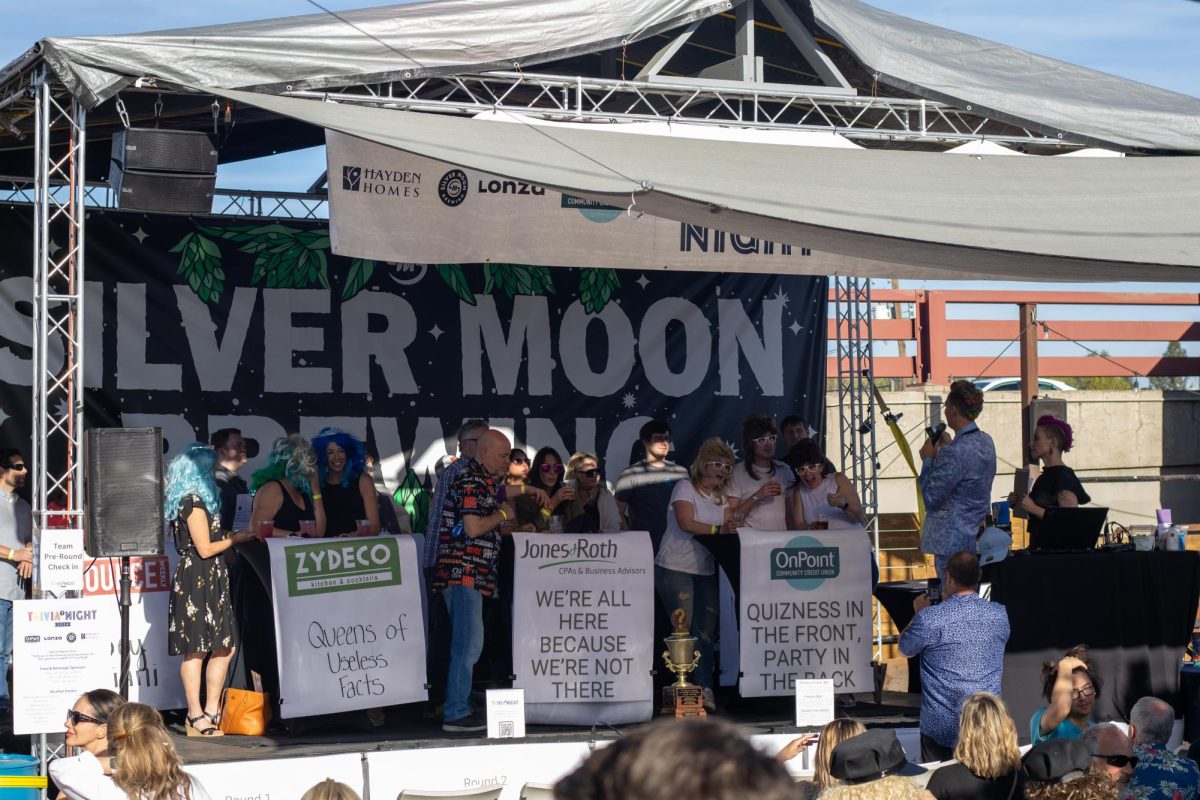
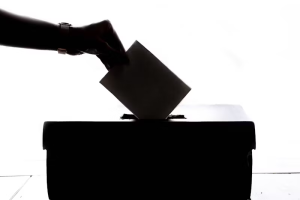





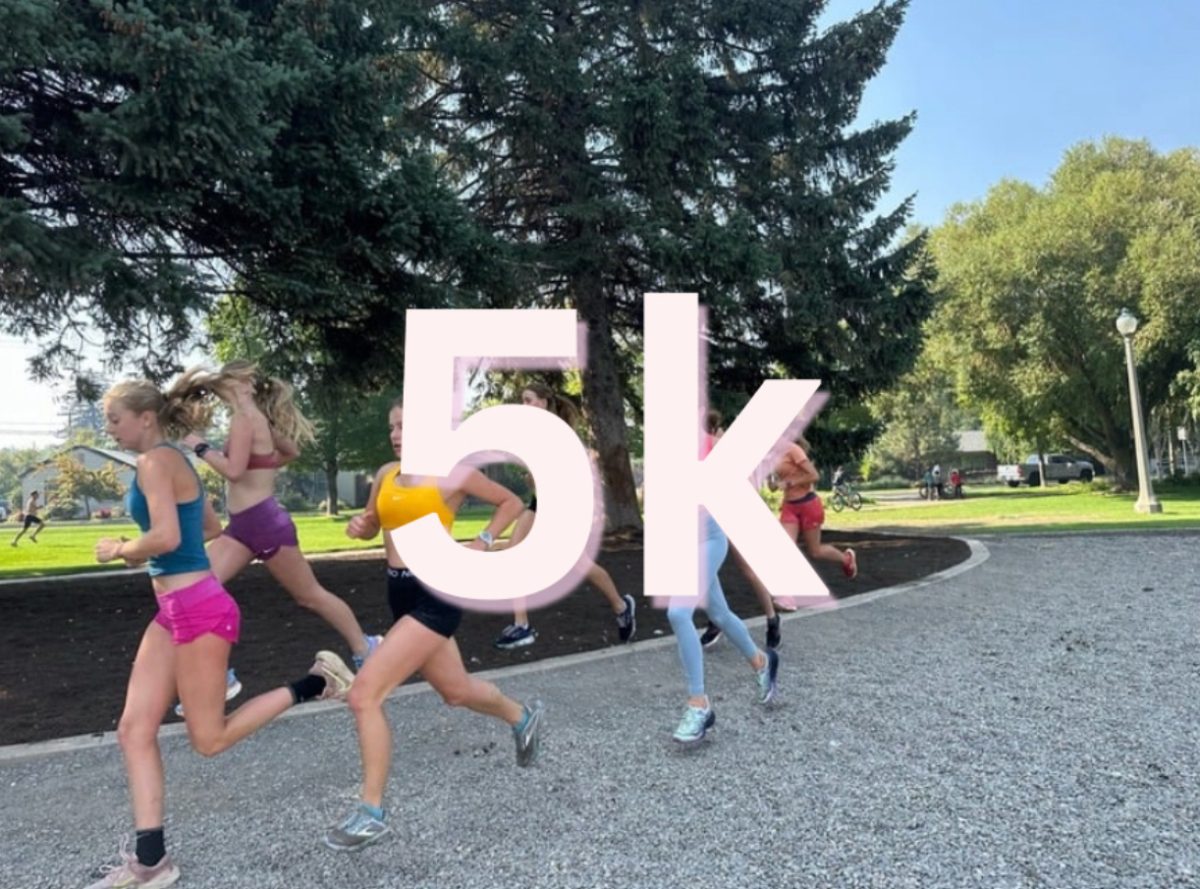


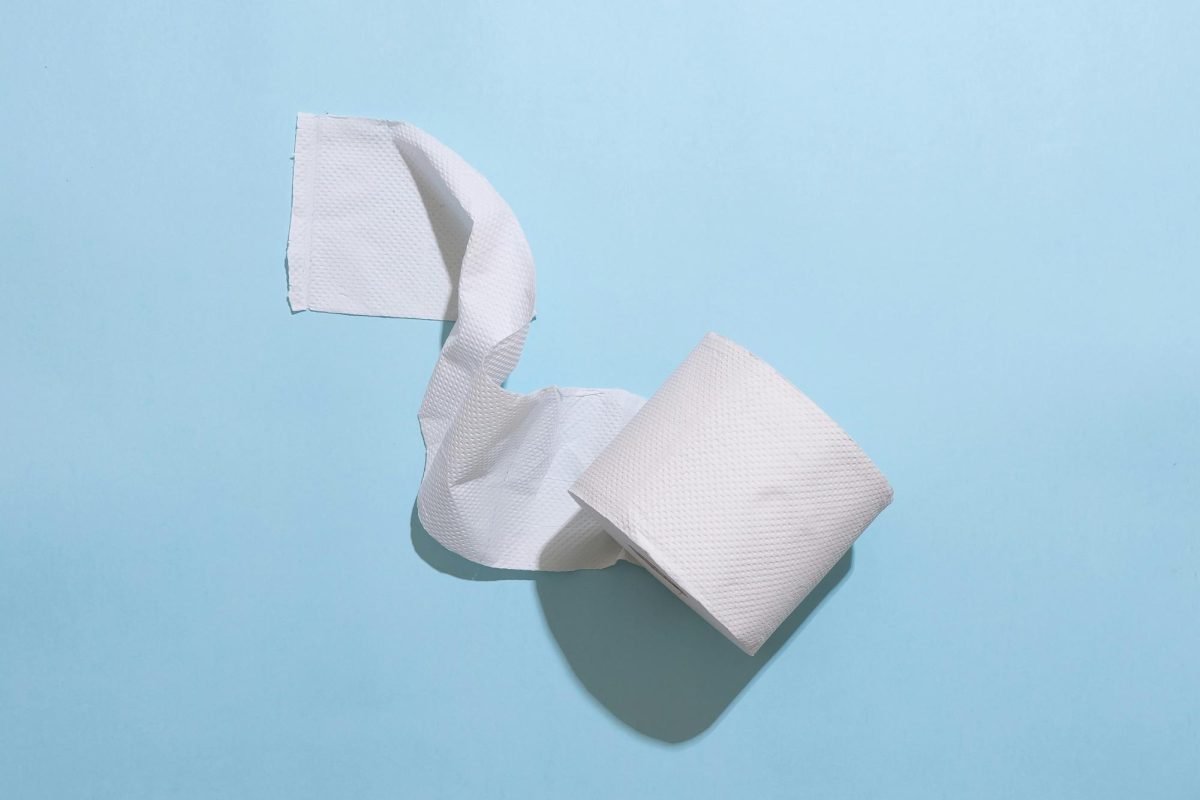
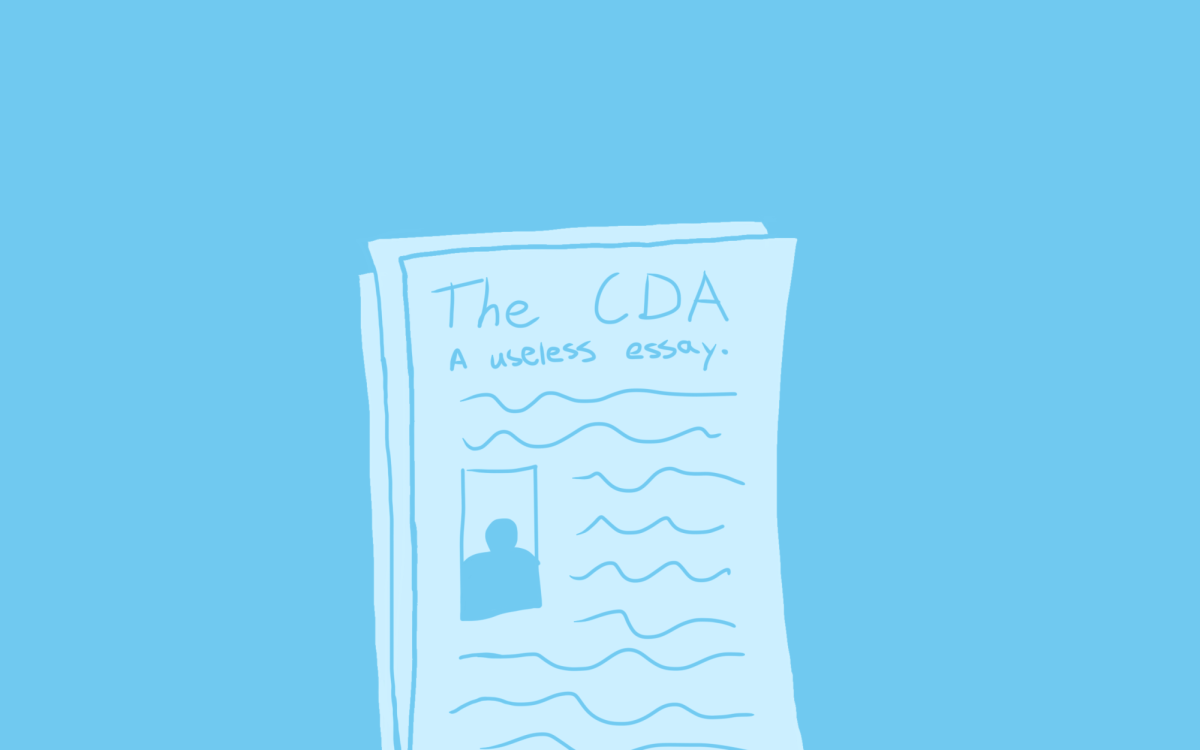
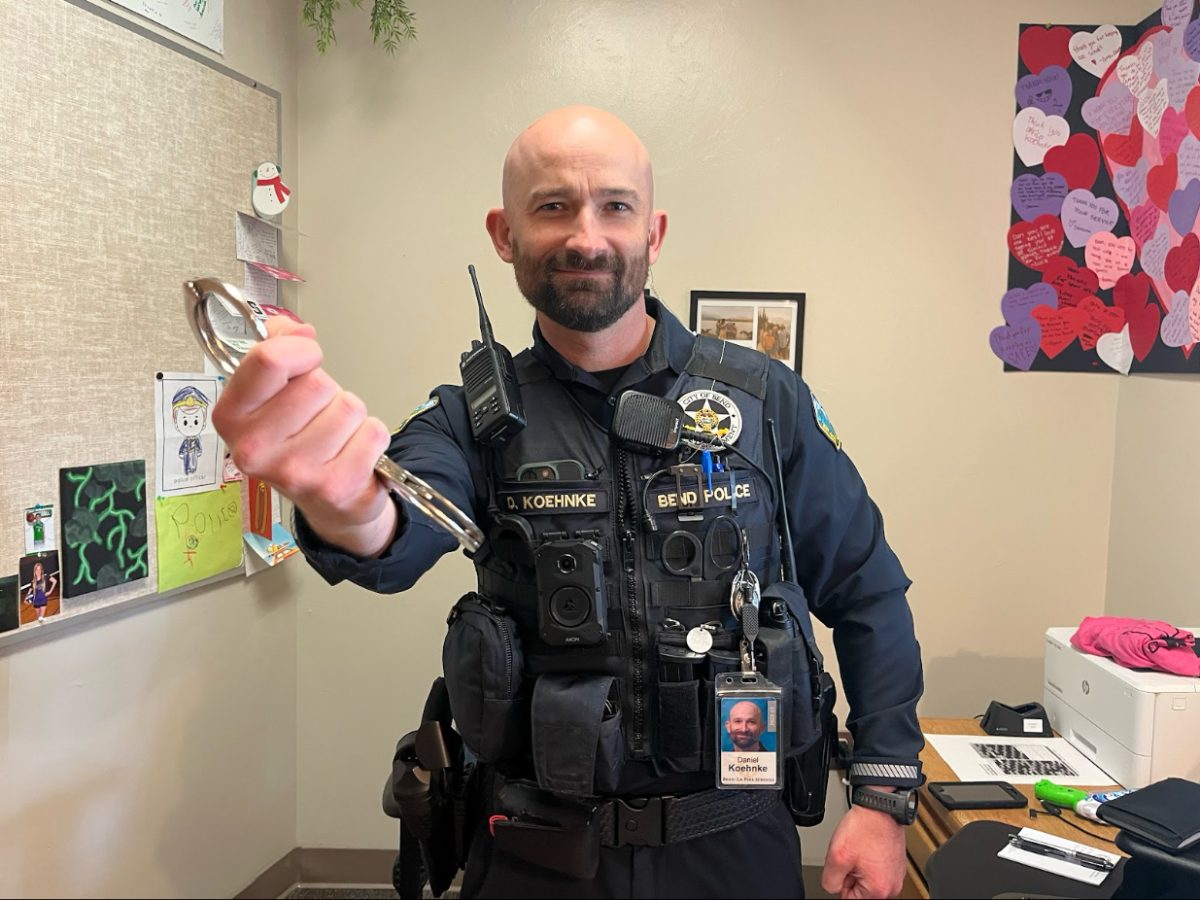




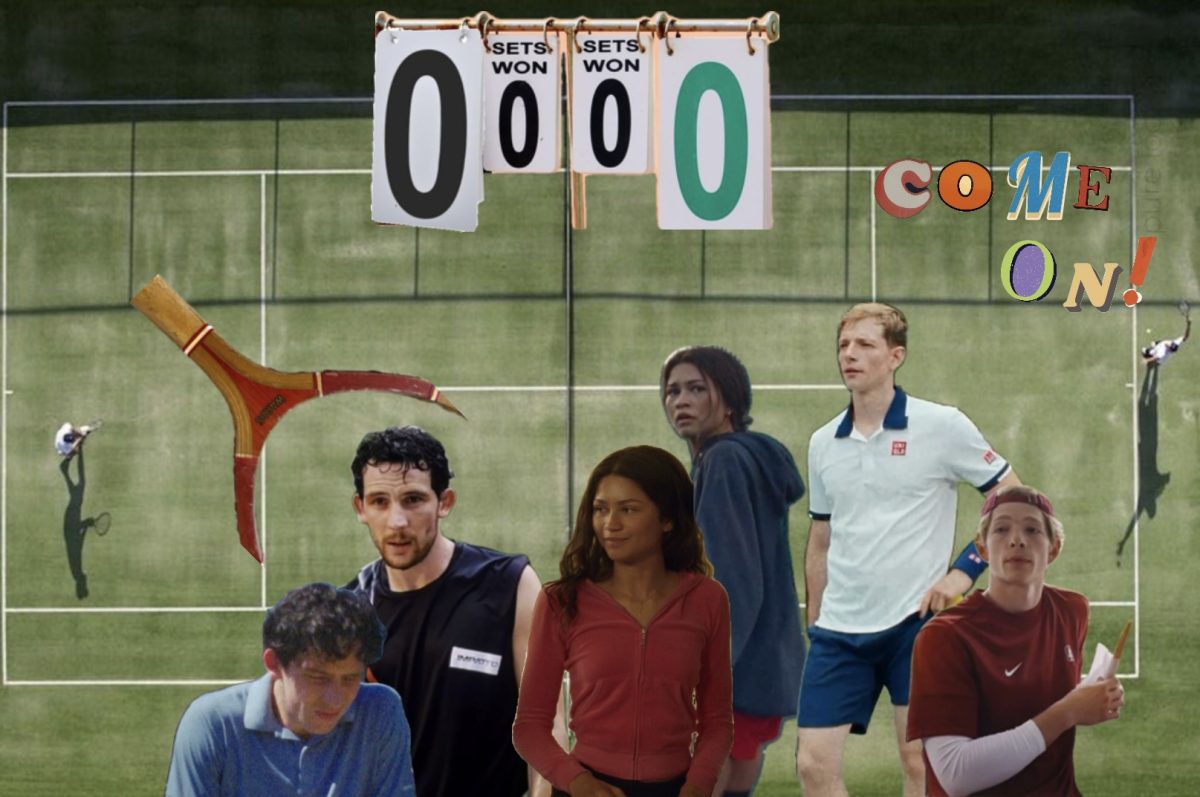



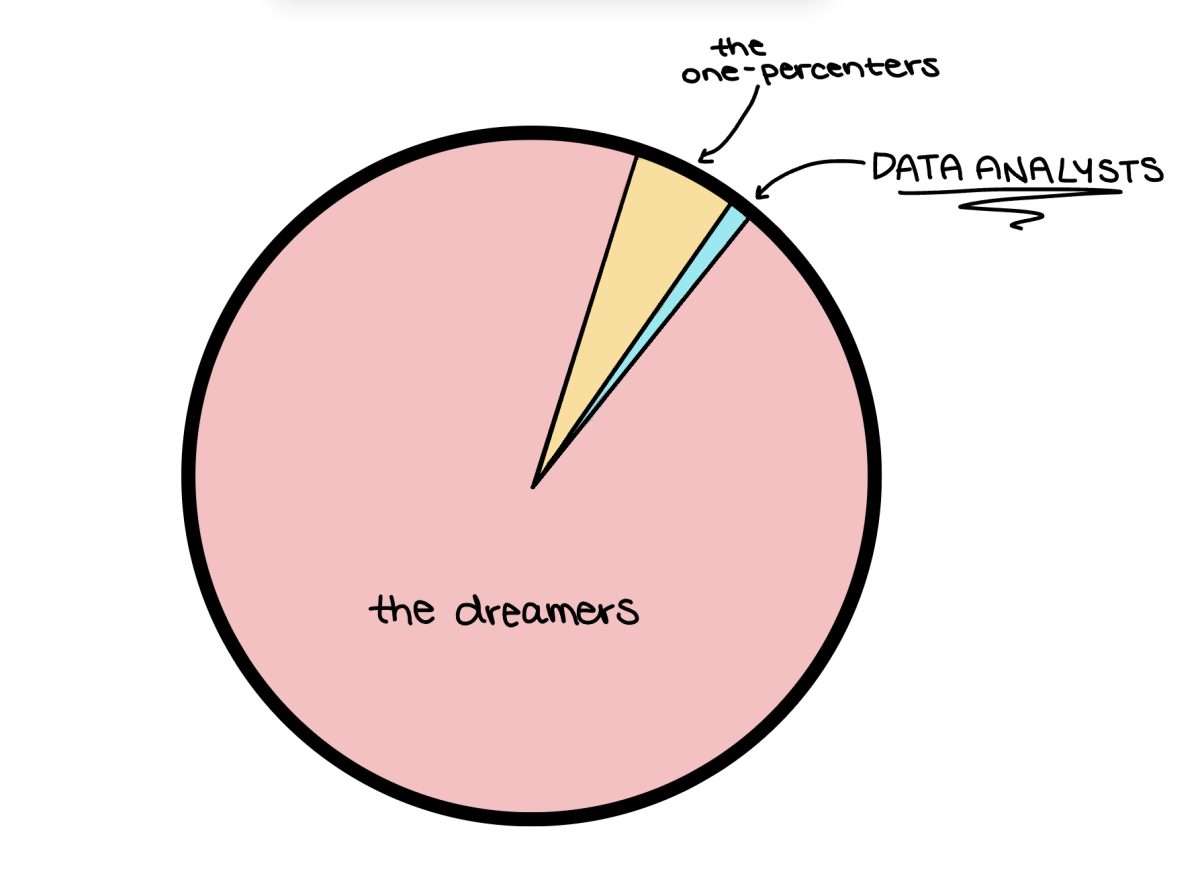
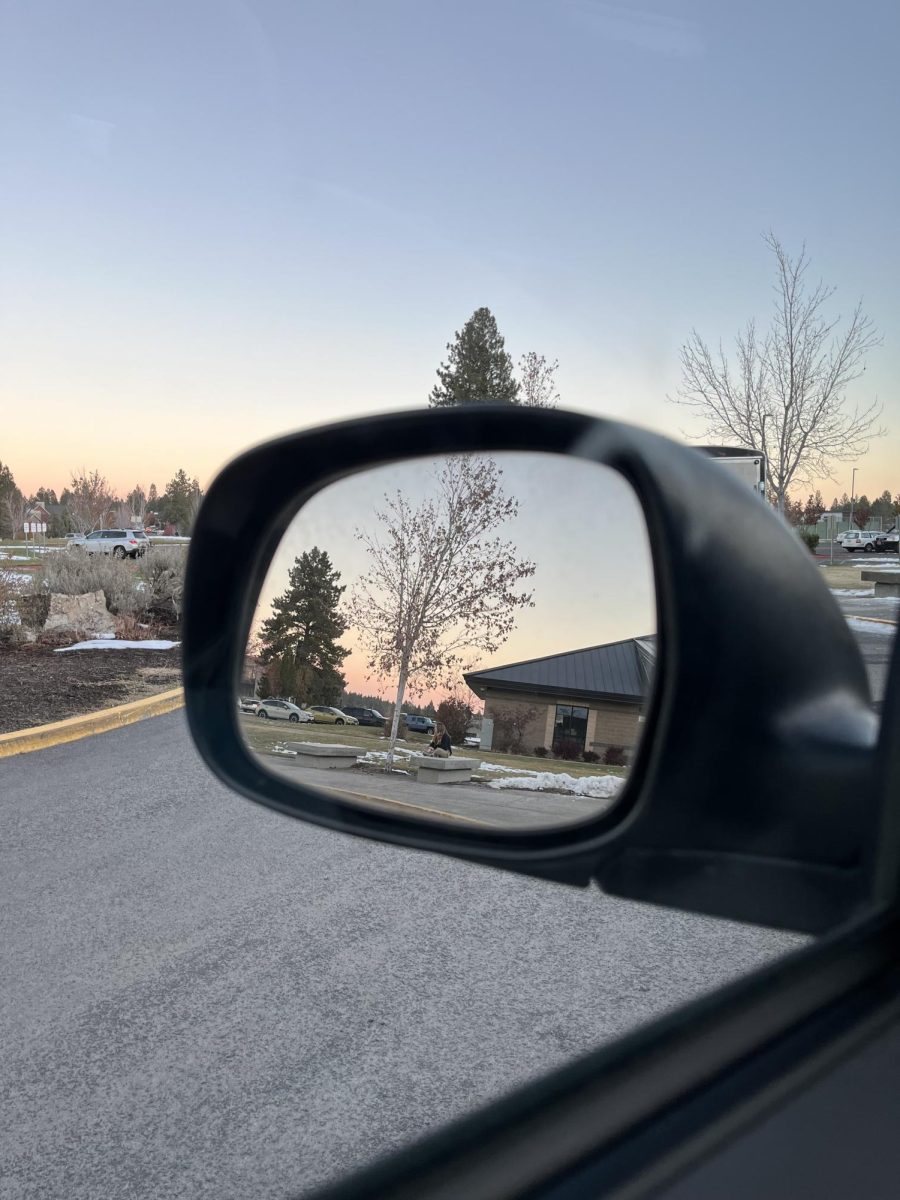
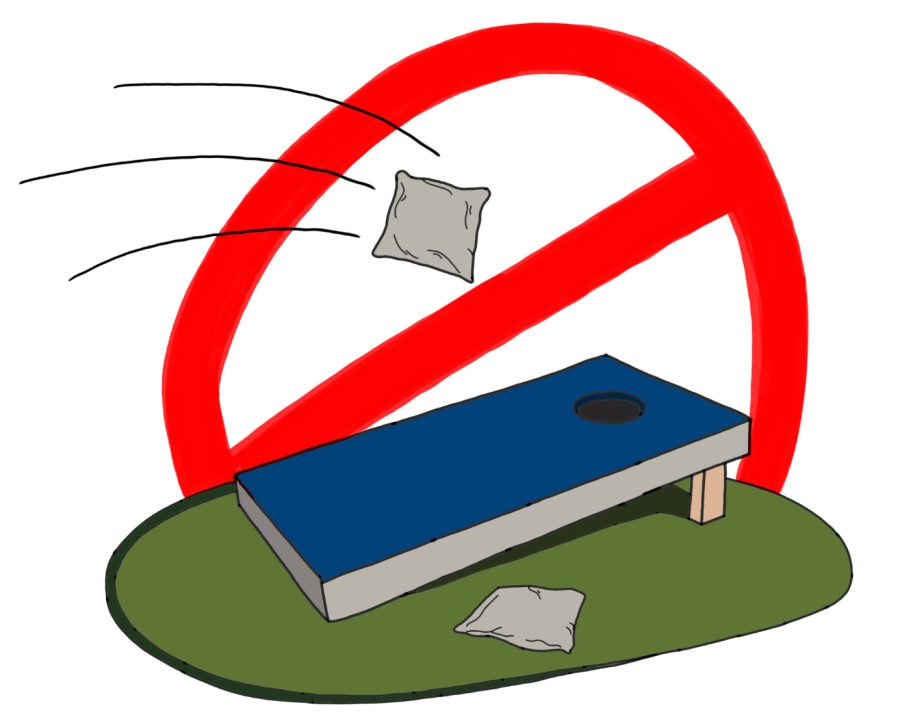
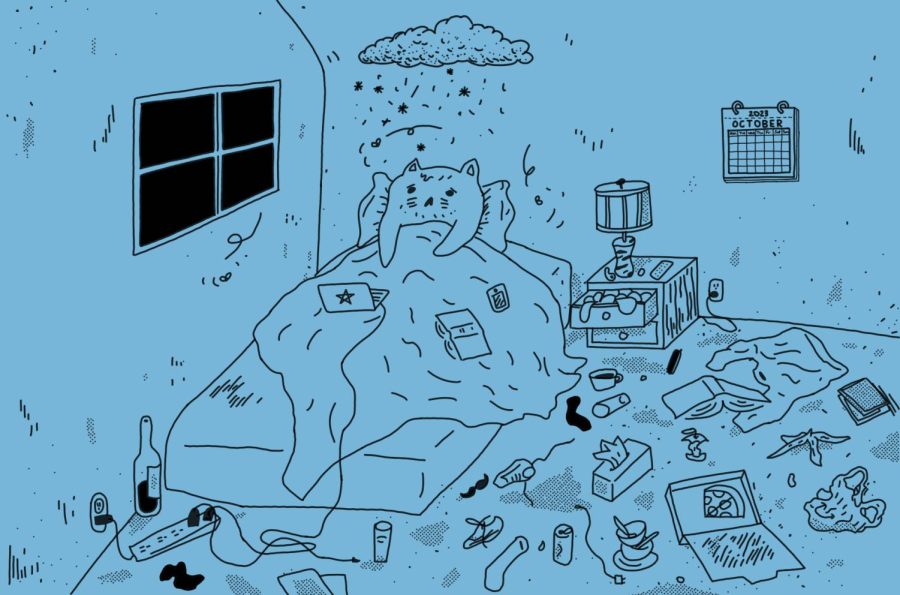
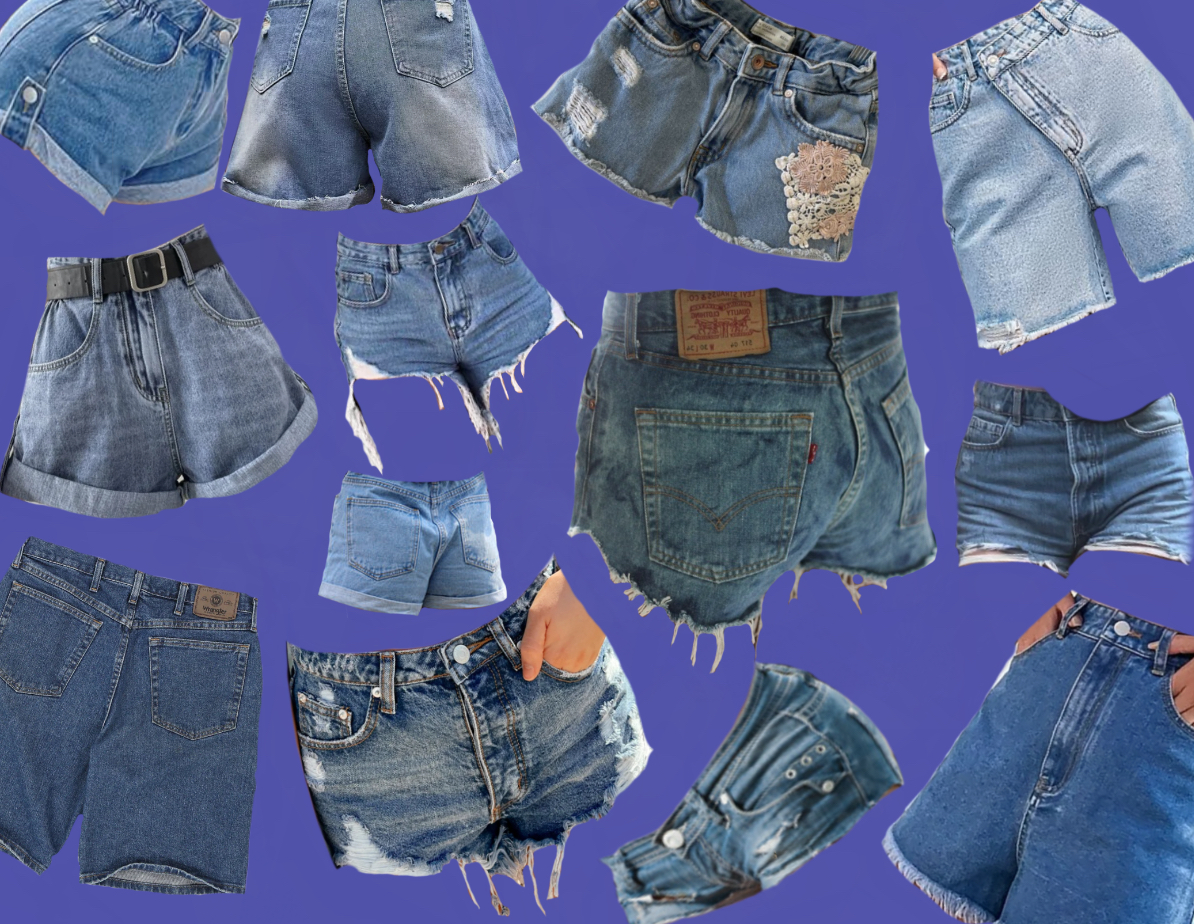

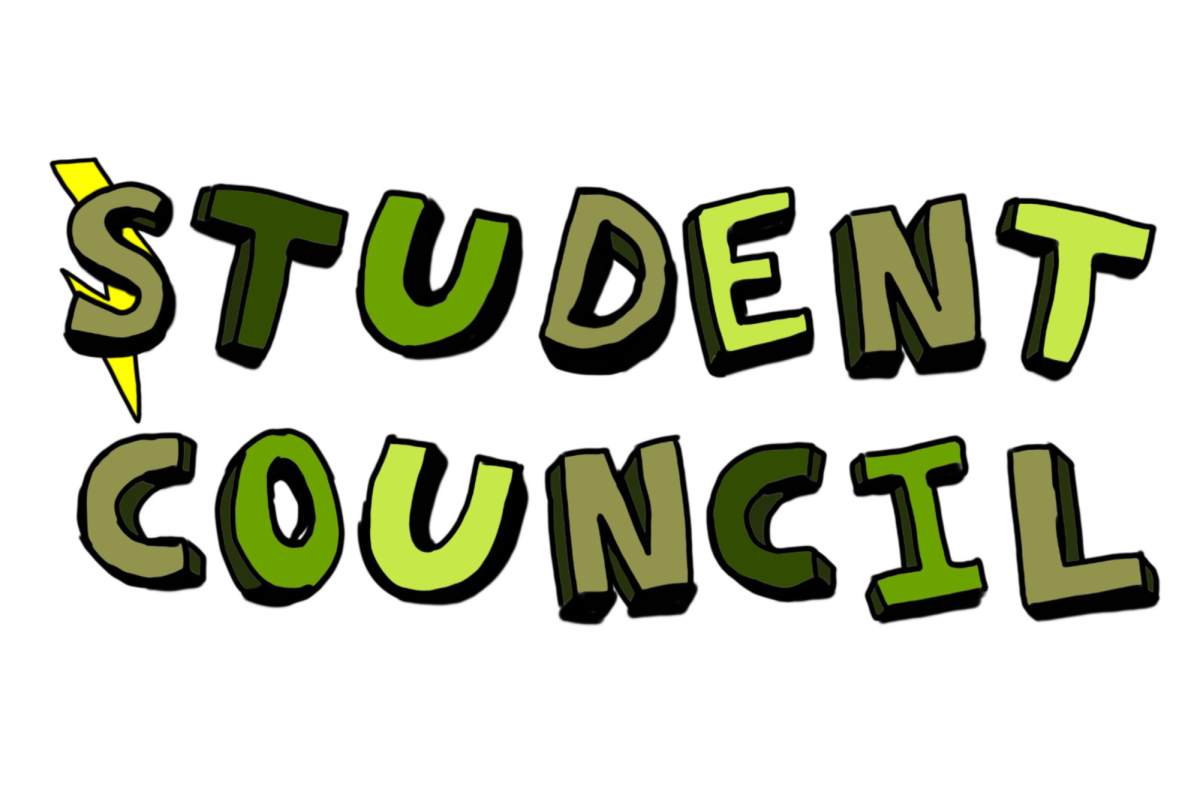

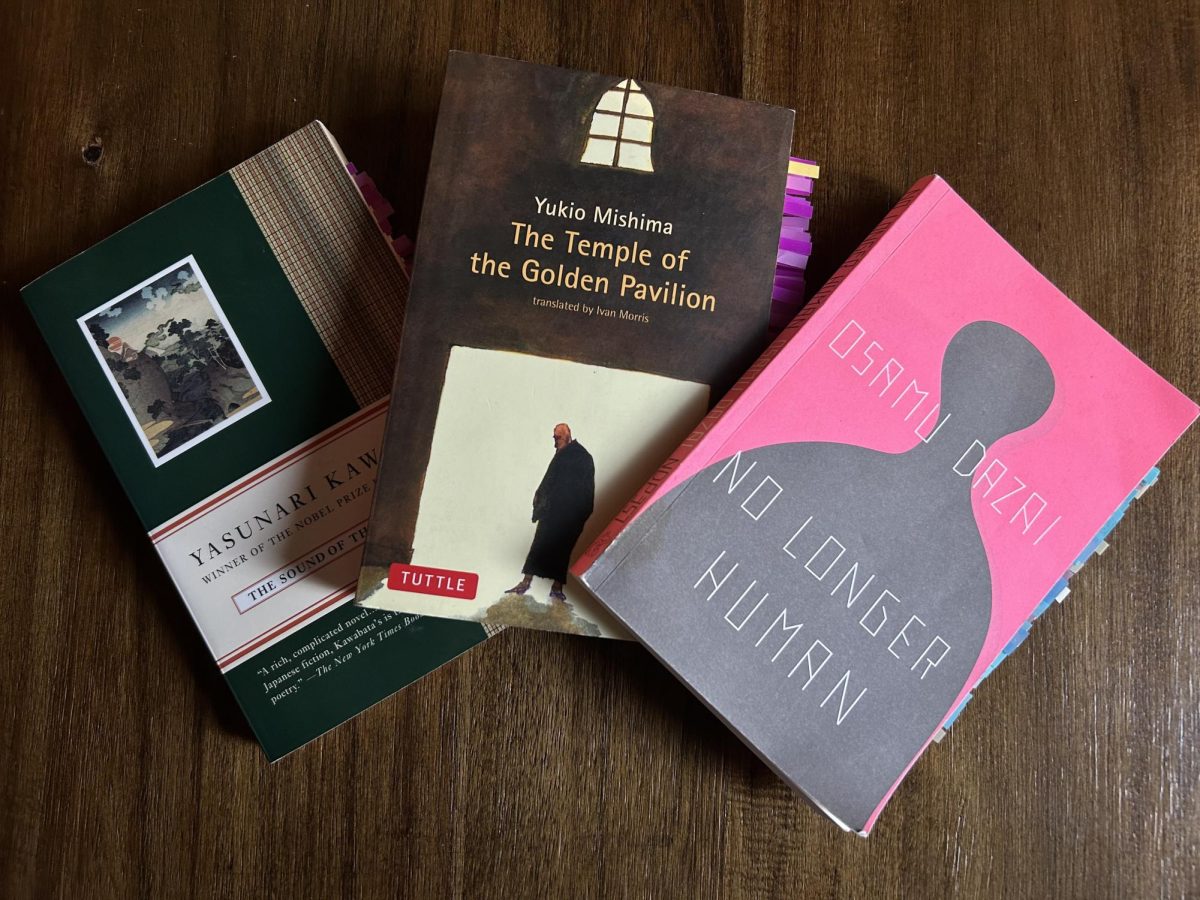
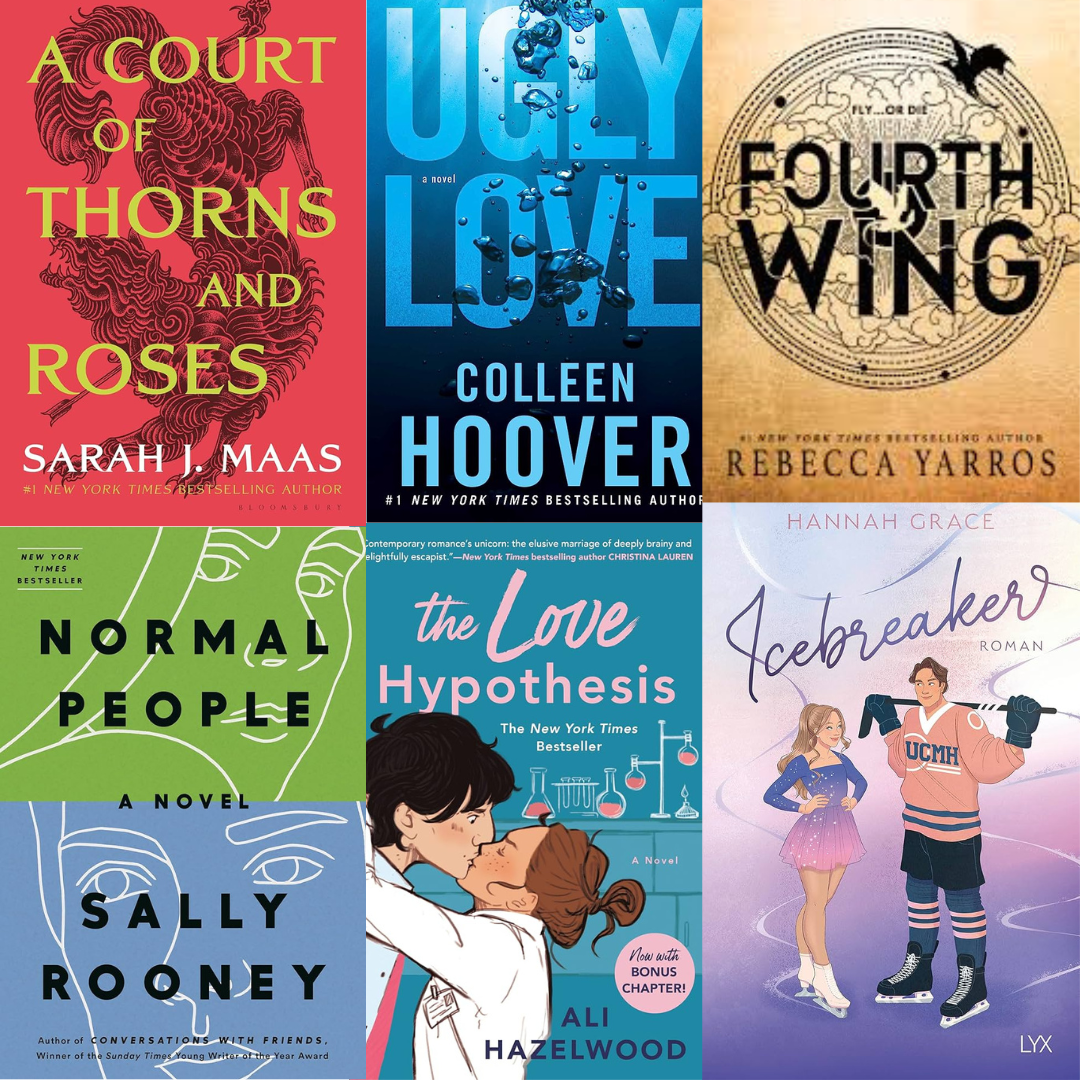













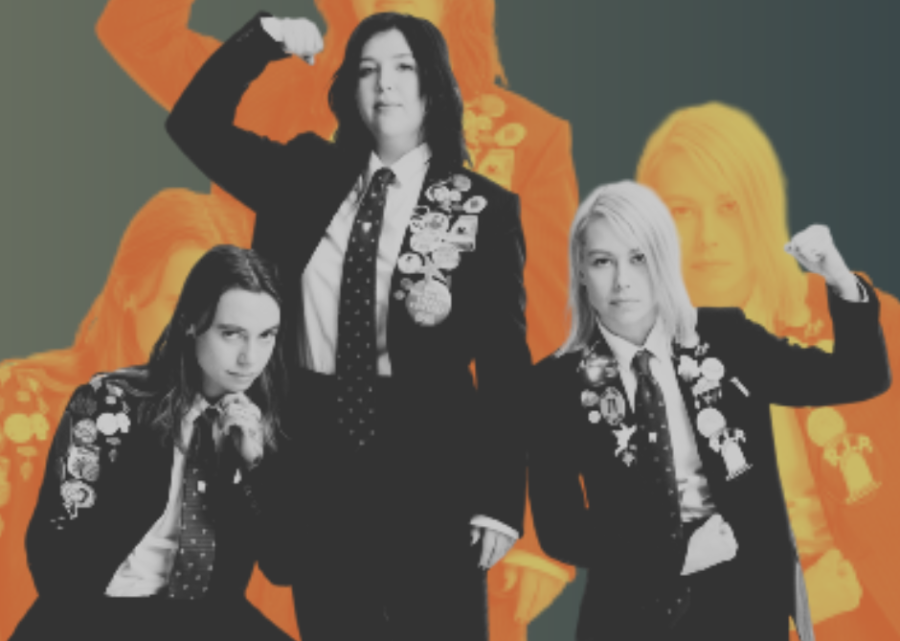
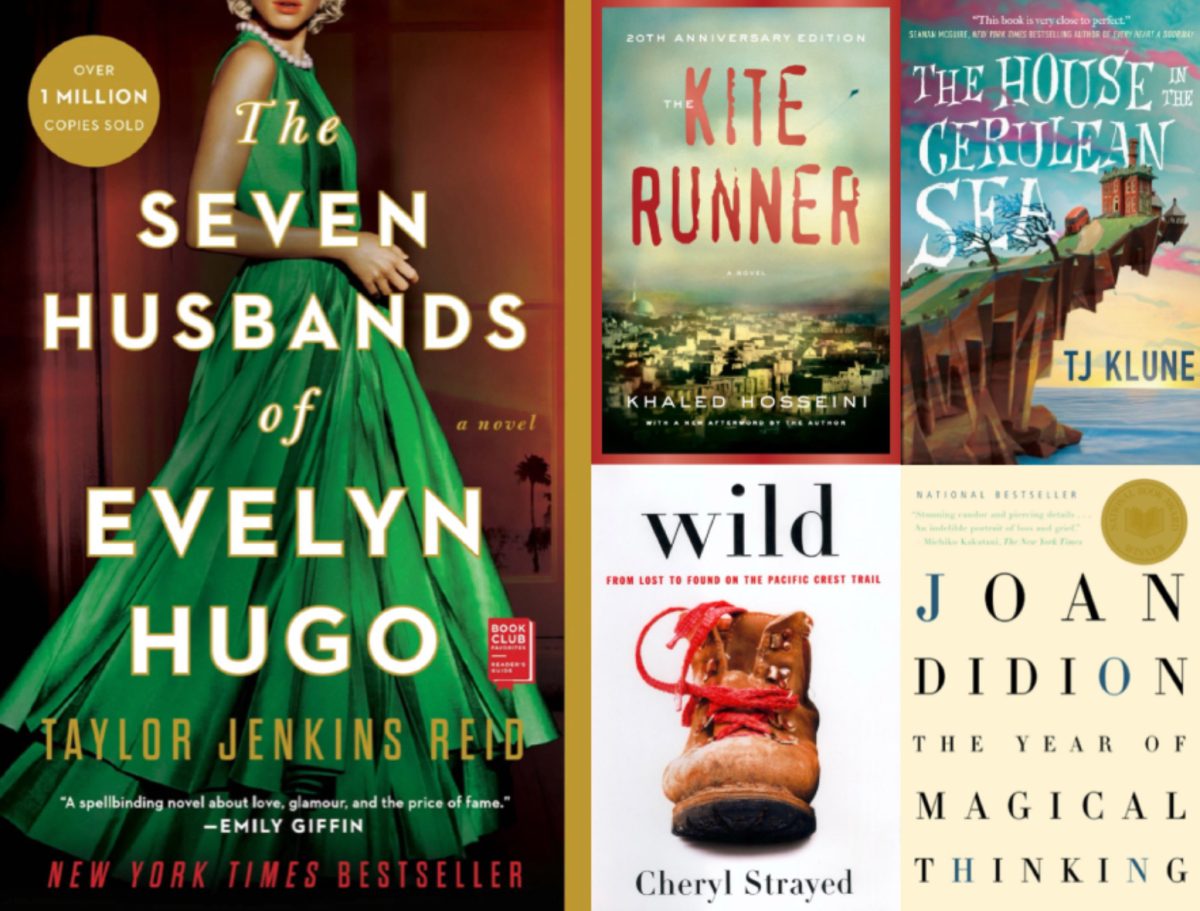

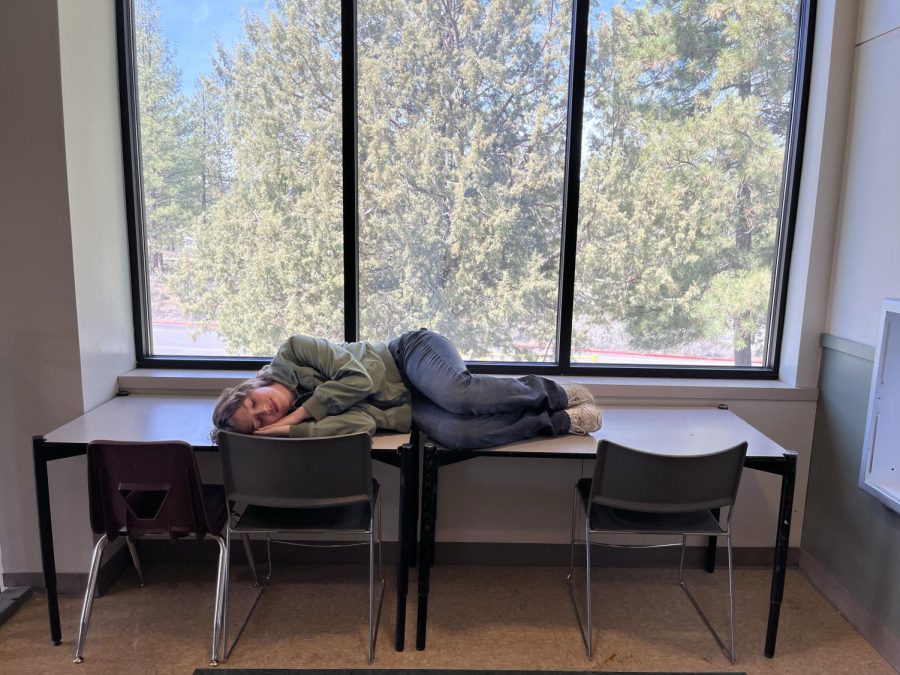






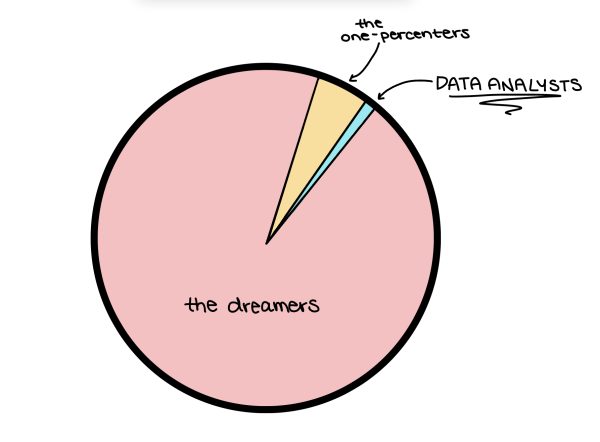
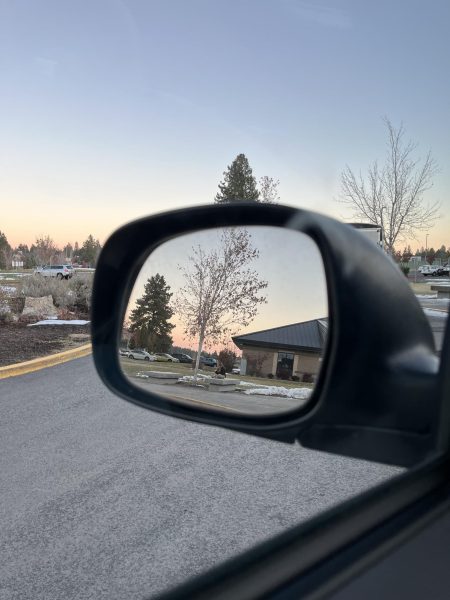
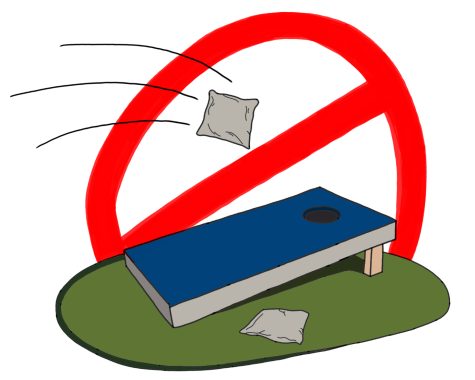
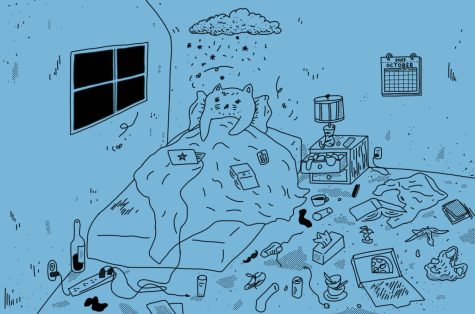
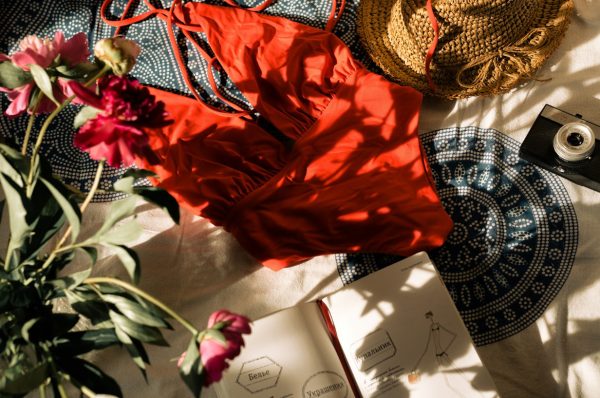




Loren Radzik • May 16, 2023 at 12:10 am
Ahhh…. The nap debate…. To nap or not to nap that is always the question